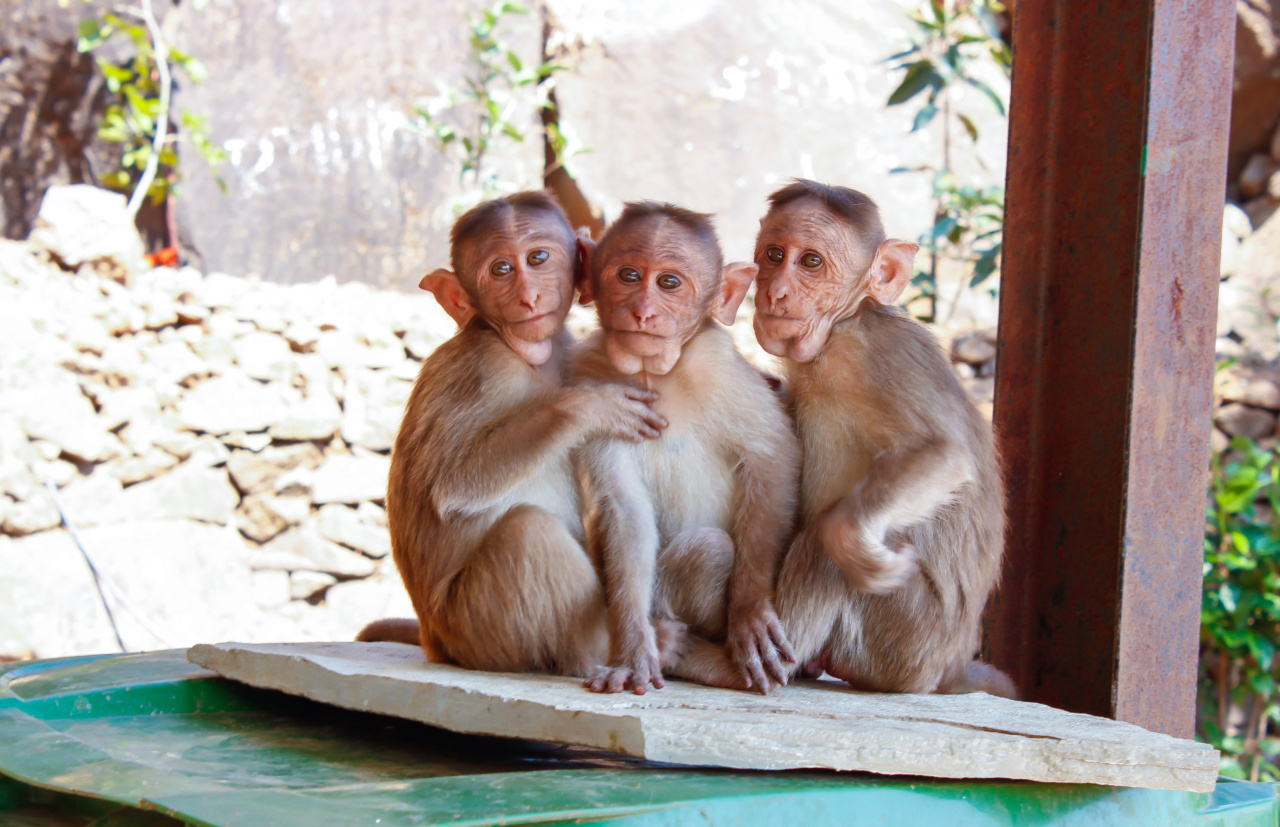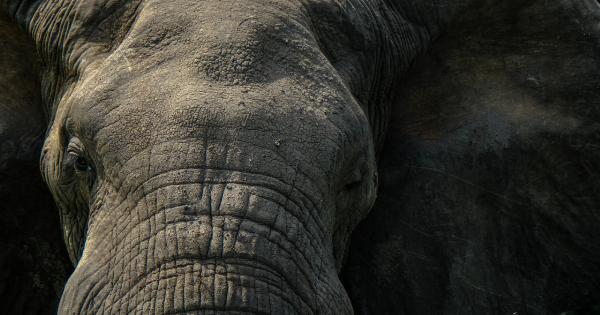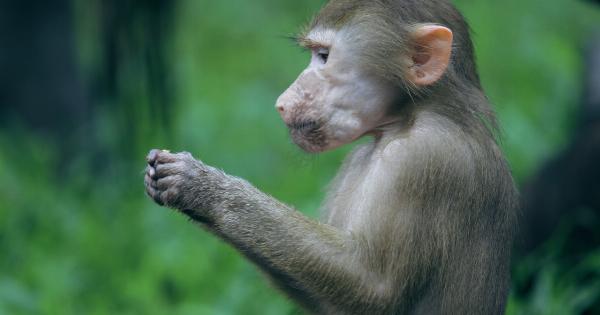Monkeys are intelligent creatures often used in scientific research to understand how chemicals and drugs affect the human body. However, these same chemicals are causing harm to the monkeys in the research labs.
Exposure to Harmful Chemicals
When exposed to harmful chemicals, monkeys experience similar effects as humans. The chemicals can cause a range of symptoms, including skin irritation, respiratory problems, and nervous system damage. Some substances can even cause cancer.
Monkeys can be exposed to harmful chemicals in a variety of ways, including inhalation, ingestion, and skin contact. In research labs, monkeys may be exposed to chemicals during medical experiments, drug testing, or industrial cleaning practices.
Effects of Harmful Chemicals on Monkeys
The effects of harmful chemicals on monkeys can be devastating. In some cases, the damage is irreversible, and the monkeys must be euthanized to prevent further suffering.
Researchers have documented a range of health problems resulting from chemical exposure in monkeys, including:.
- Respiratory problems
- Nervous system damage
- Cancer
- Organ failure
- Birth defects
The Use of Monkeys in Research
The use of monkeys in research is controversial because of the ethical issues involved.
Some people argue that it is cruel to use monkeys in experiments that may cause them harm, while others believe it is necessary to advance scientific knowledge and develop new medical treatments.
In the United States, the use of monkeys in research is regulated by the Animal Welfare Act, which sets standards for the care and treatment of animals used in research.
However, critics argue that these regulations are not strict enough, and that monkeys are still being subjected to harmful experiments.
Better Alternatives to Animal Testing
Many researchers and scientists are searching for better alternatives to animal testing. There are many different options available, including computer modeling, in vitro testing, and human clinical trials.
Computer modeling involves using data to simulate how a substance will affect the human body. In vitro testing uses human cells or tissues to study the effects of chemicals.
Human clinical trials involve testing drugs and other substances on human volunteers, under careful supervision and with informed consent.
Conclusion
The use of monkeys in research is a controversial topic, and the harmful effects of chemicals on these animals only adds to the debate.
While it is important to continue advancing scientific knowledge and developing new medical treatments, it is equally important to ensure that the animals used in research are treated ethically and with care.































